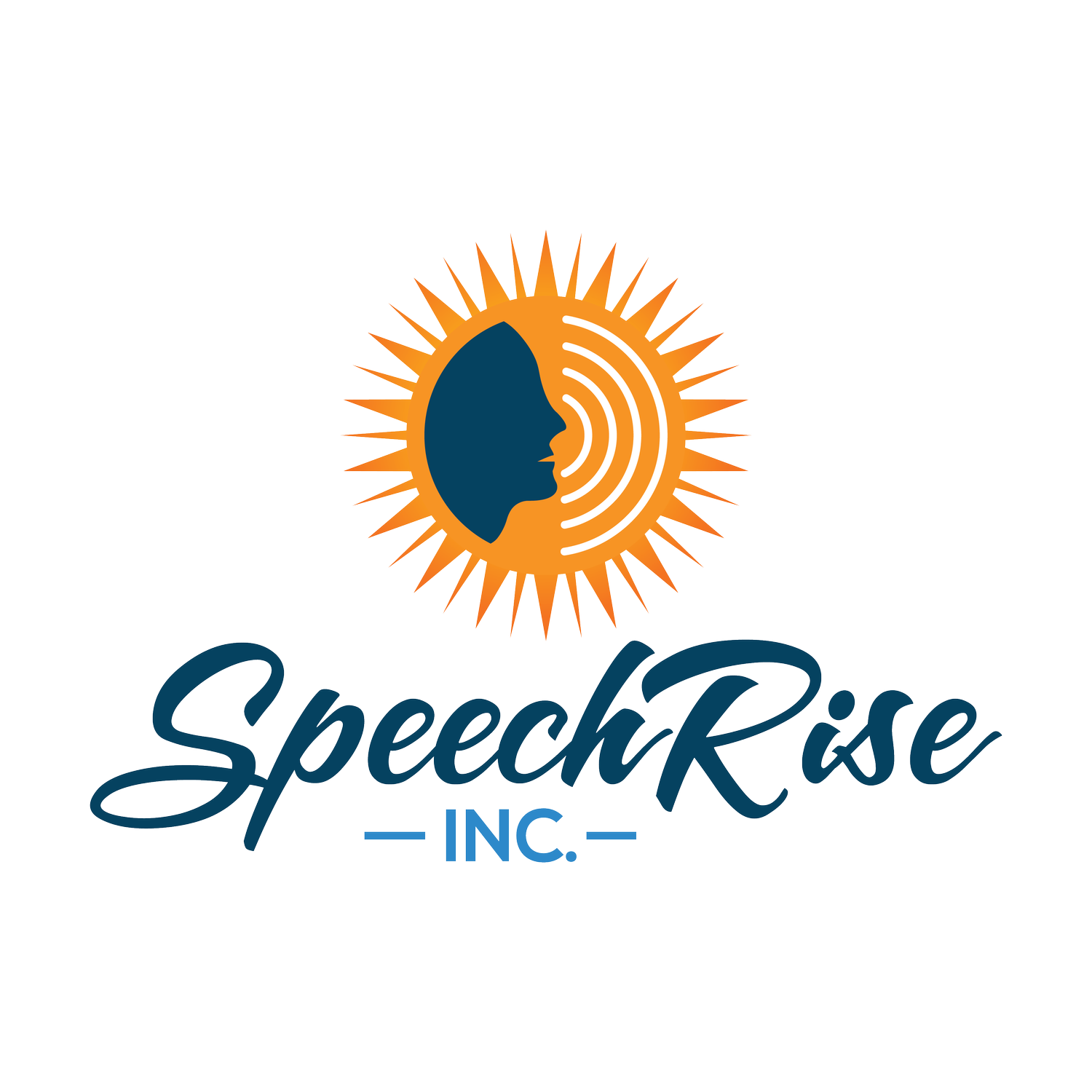Is Your Child a Late Talker or Is It Childhood Apraxia of Speech?
Are you a parent wondering if your child is a late talker or if there’s something more going on with your toddler's speech and language development? Have you spent time googling phrases like "late talker vs apraxia" or asking questions in Facebook mom groups about speech delays? Have you spent time asking your pediatrician for guidance about your child’s speech milestones? Look no further! At SpeechRise, we specialize in speech therapy for toddlers and provide home-based evaluations and treatment services to help you understand exactly what is happening with your little one.
Late Talker vs. Childhood Apraxia of Speech: Understanding the Difference
Let's start by defining Childhood Apraxia of Speech (CAS) and Late Talking—two terms often confused by parents of toddlers who are worried about speech delays.
Childhood Apraxia of Speech (CAS) is a motor-based speech disorder. Children with CAS have difficulty producing spoken language due to a neurological issue. In other words, the message from the brain to the muscles involved in speech (the articulators) gets disrupted, making it hard for your child to form certain words or sounds. Even though they might know what they want to say, the difficulty lies in coordinating their speech movements.
On the other hand, a late talker generally does not have motor issues but instead experiences a language delay. Late talkers are toddlers who are developmentally on track but are simply behind in the number of words they say aloud. They may understand a lot but are delayed in verbal expression compared to peers.
Similarities Between Late Talkers and Childhood Apraxia of Speech
The reason parents often confuse late talking with apraxia of speech is that both conditions can appear similar between the ages of 18 and 36 months. Here are some key similarities:
Limited verbal output or fewer spoken words
Strong receptive language skills (they understand more than they can say)
Limited number of spoken sounds
Key Differences: Late Talker vs. Apraxia
However, it takes an experienced speech-language pathologist (SLP) to distinguish between a child who is simply a late talker and one who has CAS. Some key differences include:
Inconsistent speech errors in children with CAS, meaning they may say the same word differently each time.
Groping behaviors, where a child with CAS visibly struggles or moves their mouth in unusual ways as they attempt to speak.
Speech sound distortions are more common in CAS, whereas a late talker may just use fewer sounds overall but without motor difficulty.
When to Seek Help
If you're concerned about your child's speech development and wondering whether your toddler is a late talker or has apraxia of speech, early intervention is key. At SpeechRise, our expert team can provide a thorough evaluation to help differentiate between a speech delay and a more complex motor speech disorder like CAS.
Whether your child is simply a late talker or showing signs of Childhood Apraxia of Speech, we’re here to help. Book an evaluation with our team today, and take the first step toward understanding and improving your child’s speech and language skills.

